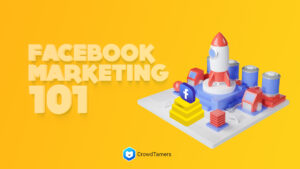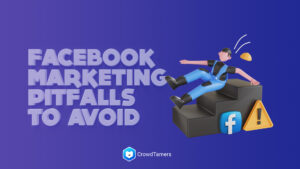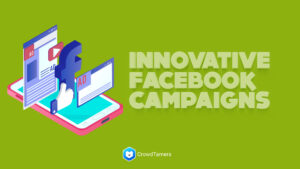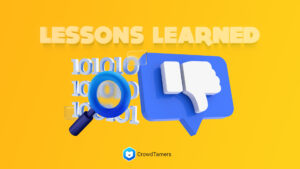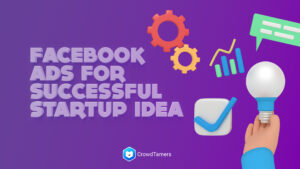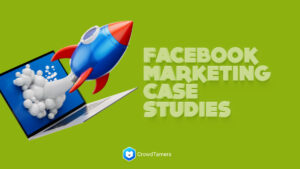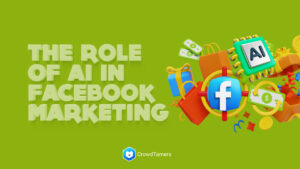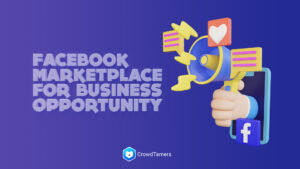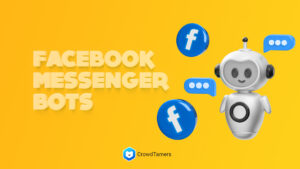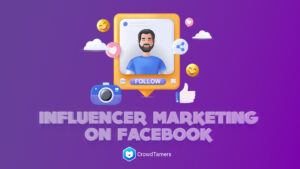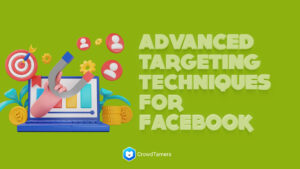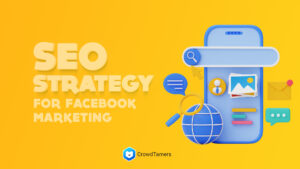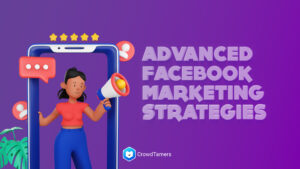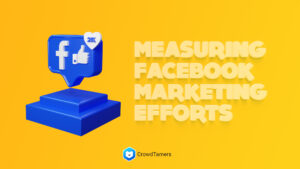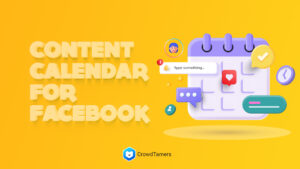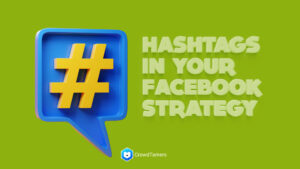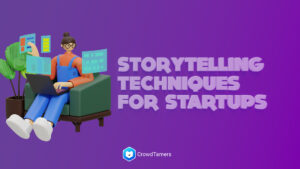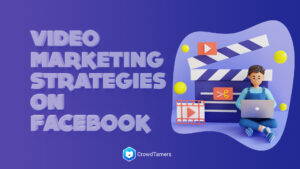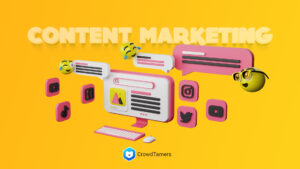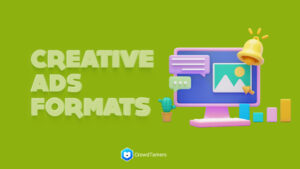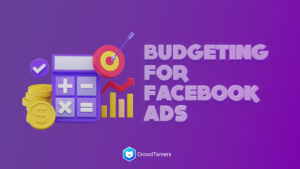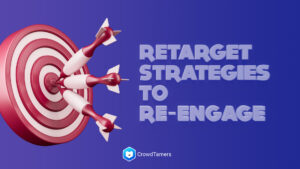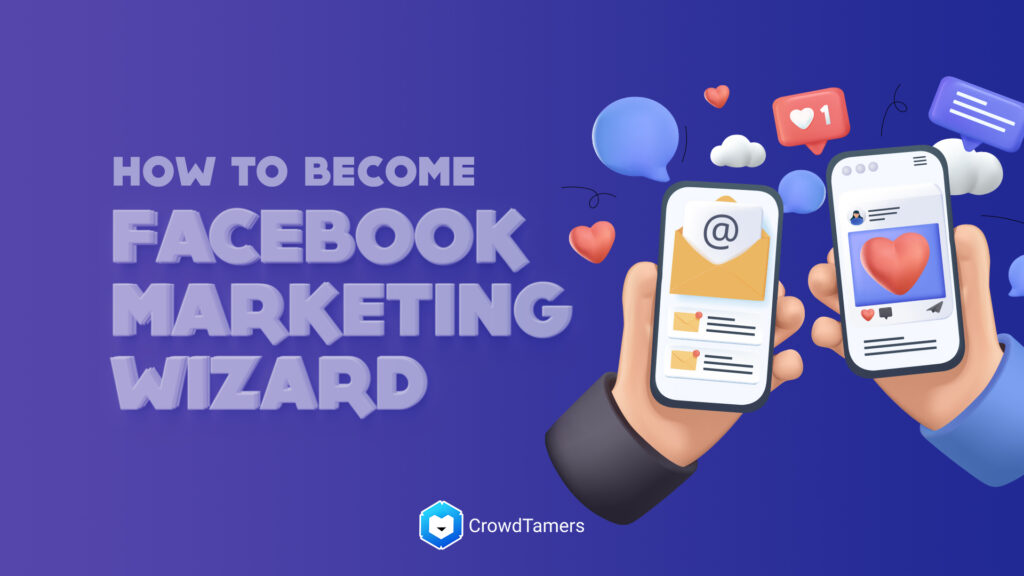
Navigating Facebook marketing can be tricky. That’s why we’ve put together this straightforward guide for beginners. In it, you’ll discover what Facebook marketing is, how it operates, and why it’s essential for your business now.
So, why wait? Let’s dive in.
Understanding the Basics of Facebook Marketing
At its core, Facebook marketing is about building relationships with your target audience. By creating engaging content, running targeted ads, and fostering community engagement, you can attract potential customers and gain valuable insights into their needs and preferences.
One of the key advantages of Facebook marketing is its ability to target specific demographics, interests, and behaviors. Whether you’re aiming to reach millennial moms in Seattle or tech enthusiasts in San Francisco, Facebook’s robust targeting options allow you to get your message in front of the right people.
Building Your Audience on Facebook
Before you can start validating your startup idea on Facebook, you need to build an audience. Here are some tips to get started:
-
- Create a Facebook Business Page: This will be your hub for all your Facebook marketing efforts. Make sure to fill out all the relevant information, including your business description, contact details, and profile pictures.
-
- Post Regularly: Consistency is key when it comes to building an engaged audience on Facebook. Aim to post at least once a day, mixing up the types of content you share (e.g., blog posts, images, videos, questions).
-
- Engage With Your Followers: Don’t just broadcast messages – engage in conversations with your followers. Respond to comments and messages promptly, and ask for feedback and opinions.
-
- Leverage Facebook Groups: Joining relevant Facebook Groups can help you connect with potential customers and gain insights into their pain points and preferences. Focus on providing value and building relationships, not just promoting your startup.
Using Facebook Ads to Validate Your Startup Idea
One of the most powerful tools in your Facebook marketing arsenal is Facebook Ads. By running targeted ads, you can quickly test and validate your startup idea with real potential customers. Here’s how:
-
- Define Your Target Audience: Use Facebook’s Audience Insights tool to research your ideal customer profile. Look at demographics, interests, behaviors, and more to create a detailed picture of who you want to reach.
-
- Create Compelling Ad Copy: Your ad copy should clearly communicate your startup’s value proposition and include a strong call-to-action (e.g., “Sign up for our beta,” “Take our survey”).
-
- Use Eye-Catching Visuals: Pair your ad copy with high-quality images or videos that grab attention and convey your startup’s personality.
-
- Set Up Conversion Tracking: Use Facebook’s Pixel to track how people interact with your ads and website. This will help you measure the effectiveness of your ads and make data-driven decisions.
-
- Test and Iterate: Don’t expect to get it perfect on the first try. Run multiple ad variations and continually refine your targeting, copy, and visuals based on performance.
For example, the startup Bloomscape used Facebook Ads to validate demand for their online plant delivery service. By targeting urban millennials interested in gardening and home décor, they were able to quickly gauge interest and refine their product offering before launching.
Content Marketing on Facebook
In addition to paid advertising, content marketing is another powerful way to validate your startup idea on Facebook. By creating and sharing valuable content that resonates with your target audience, you can attract potential customers and establish your startup as a thought leader in your industry.
Here are some tips for effective content marketing on Facebook:
-
- Know Your Audience: Use Facebook Insights to understand what types of content your audience engages with most. Do they prefer long-form blog posts, quick tips, or visual content like infographics and videos?
-
- Provide Value: Focus on creating content that educates, entertains, or inspires your target audience. Address their pain points, answer their questions, and help them achieve their goals.
-
- Use a Variety of Formats: Mix up the types of content you share to keep things interesting. This could include blog posts, images, videos, polls, quizzes, and more.
-
- Encourage Engagement: End your posts with a question or call-to-action to encourage comments and shares. The more engagement your content receives, the more Facebook will show it to your audience.
-
- Analyze and Adjust: Use Facebook Insights to track the performance of your content. Look at metrics like reach, engagement, and clicks to understand what’s resonating with your audience and adjust your strategy accordingly.
For example, the startup MeUndies used Facebook to build a community of engaged fans around their quirky, comfortable underwear. By sharing a mix of humorous memes, behind-the-scenes content, and customer stories, they were able to validate demand and grow their business exponentially.
Unlocking Facebook Analytics and Optimization
To truly validate your startup idea on Facebook, you need to dive into the data. Facebook offers a wealth of analytics and optimization tools to help you understand your audience and improve your marketing performance.
Here are some key tools to leverage:
-
- Facebook Audience Insights: This tool provides deep demographic and psychographic data about your target audience, including their interests, behaviors, and more. Use this information to refine your targeting and create more relevant content.
-
- Facebook Pixel: Installing the Facebook Pixel on your website allows you to track how people interact with your site after clicking on your Facebook ads. Use this data to optimize your ad targeting, placement, and creative.
-
- A/B Testing: Facebook allows you to run A/B tests on everything from ad creative to landing pages. Use this feature to continually refine and improve your marketing performance.
-
- Custom Audiences: Custom Audiences allow you to retarget people who have engaged with your startup in some way, such as visiting your website or engaging with your Facebook page. Use this feature to keep your startup top-of-mind and drive conversions.
For example, the startup Fabletics used Facebook Analytics to gain insights into their target audience of millennial women interested in fitness and fashion. By continually testing and refining their ad creative and targeting, they were able to scale their business to over $300 million in annual revenue.
Advanced Facebook Marketing Strategies
Once you’ve validated your startup idea and built a solid foundation on Facebook, it’s time to take your marketing to the next level. Here are some advanced strategies to consider:
-
- Influencer Marketing: Partner with influencers in your niche to expand your reach and gain credibility with your target audience. Look for influencers who align with your startup’s values and have an engaged following.
-
- Facebook Live: Use Facebook Live to share behind-the-scenes content, host Q&A sessions, or showcase your product in action. Live video is a powerful way to build authenticity and engage your audience in real-time.
-
- Facebook Groups: Consider creating a dedicated Facebook Group for your startup’s community. This can be a powerful way to foster engagement, gather feedback, and build brand loyalty.
-
- Retargeting: Use retargeting to reach people who have engaged with your startup but haven’t yet converted. For example, you could target people who visited your pricing page but didn’t sign up, or those who abandoned their cart.
-
- Chatbots: Implement a Facebook Messenger chatbot to provide instant customer support, answer frequently asked questions, and even process orders. Chatbots can help you scale your customer service efforts and improve the user experience.
For example, the startup HubSpot used a combination of Facebook Ads, retargeting, and chatbots to validate demand for their marketing software. By continually testing and optimizing their approach, they were able to grow their business to over $500 million in annual revenue.
Facebook Marketing Case Studies
To further illustrate the power of Facebook marketing for validating your startup idea, let’s take a look at a few real-world case studies:
-
- Casper: This D2C mattress startup used Facebook Ads to target people interested in sleep and wellness. By creating compelling video content and using retargeting to stay top-of-mind, they were able to quickly validate demand and scale their business to over $100 million in annual revenue.
-
- Dollar Shave Club: This subscription razor startup used a combination of viral video content and targeted Facebook Ads to validate their idea and grow their customer base. By leveraging Facebook’s targeting capabilities, they were able to reach their ideal customer profile and achieve a 1.5x return on ad spend.
- Warby Parker: This online eyewear startup used Facebook Ads to drive traffic to their Home Try-On program, which allowed customers to try on glasses at home before buying. By using Facebook’s targeting and optimization tools, they were able to continually refine their approach and scale their business to over $250 million in annual revenue.

